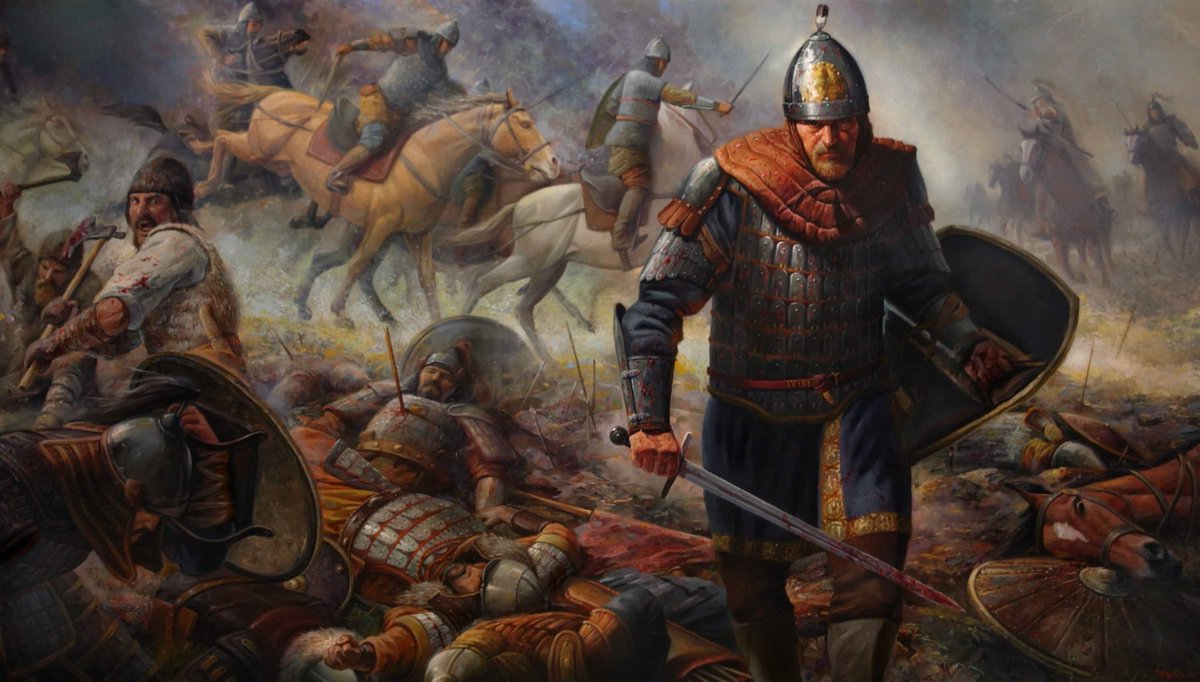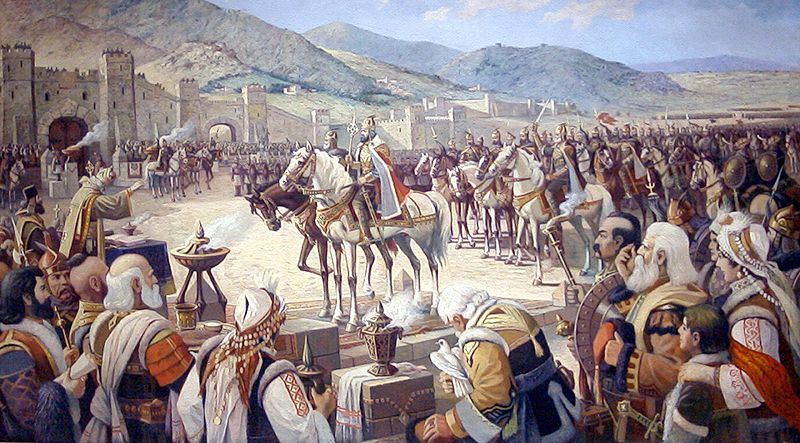
How to get URL link on X (Twitter) App


 Bulgarian prince Boris I invited the disciples of St. Cyril & St. Methodius to Bulgaria following their expulsion from Great Moravia in 885. They brought with them the Glagolic alphabet and lay the foundations of a separate Bulgarian language, which helped Bulgarian culture
Bulgarian prince Boris I invited the disciples of St. Cyril & St. Methodius to Bulgaria following their expulsion from Great Moravia in 885. They brought with them the Glagolic alphabet and lay the foundations of a separate Bulgarian language, which helped Bulgarian culture 

 A leader of a peasans' revolt thet ignited in 1277, Ivaylo fought off a number of Tatar raids in Dobrodzha, defeated Byzantine forces invading Bulgaria and annihilated the royal army of tsar Konstantin Tikh, killing the monarch personally. In 1278 he married empress Maria
A leader of a peasans' revolt thet ignited in 1277, Ivaylo fought off a number of Tatar raids in Dobrodzha, defeated Byzantine forces invading Bulgaria and annihilated the royal army of tsar Konstantin Tikh, killing the monarch personally. In 1278 he married empress Maria

 After he struck a hard bargain with the Byzantines in 913, Simeon had the pretense to be an emperor, equal to the basileus in Constantinople. Peace was maintained until 916, when the new Byz government under empress Zoya decided to beat the Bulgars into submission, forging
After he struck a hard bargain with the Byzantines in 913, Simeon had the pretense to be an emperor, equal to the basileus in Constantinople. Peace was maintained until 916, when the new Byz government under empress Zoya decided to beat the Bulgars into submission, forging 

 After the defeat of the main army in mid July, Krum is left with no more than 8000 men (and women, according to Byzantine sources), most of whom are mercenaries from the Avars and Slavs. He knows a new pitched battle with the 'romaioi' will end badly and decides stealth & cunning
After the defeat of the main army in mid July, Krum is left with no more than 8000 men (and women, according to Byzantine sources), most of whom are mercenaries from the Avars and Slavs. He knows a new pitched battle with the 'romaioi' will end badly and decides stealth & cunning 

 According to Michael the Syrian, Arabs had to send units of no less than 2000 men for foraging outside their camp. Less risked being ambushed and slaughtered by the Bulgars. "The Arabs were afraid from the sea, the Bulgars and the Romans in the city" - Michael notes.
According to Michael the Syrian, Arabs had to send units of no less than 2000 men for foraging outside their camp. Less risked being ambushed and slaughtered by the Bulgars. "The Arabs were afraid from the sea, the Bulgars and the Romans in the city" - Michael notes. 

 As a man with many links and friends in Europe, Nasi quickly rose to prominence, supporting Selim II for the throne. He was able to tap into the Ottoman trading system but also influenced the imperial foreign policy. He was a monopolist in wine trade to Moldavia and wax export to
As a man with many links and friends in Europe, Nasi quickly rose to prominence, supporting Selim II for the throne. He was able to tap into the Ottoman trading system but also influenced the imperial foreign policy. He was a monopolist in wine trade to Moldavia and wax export to